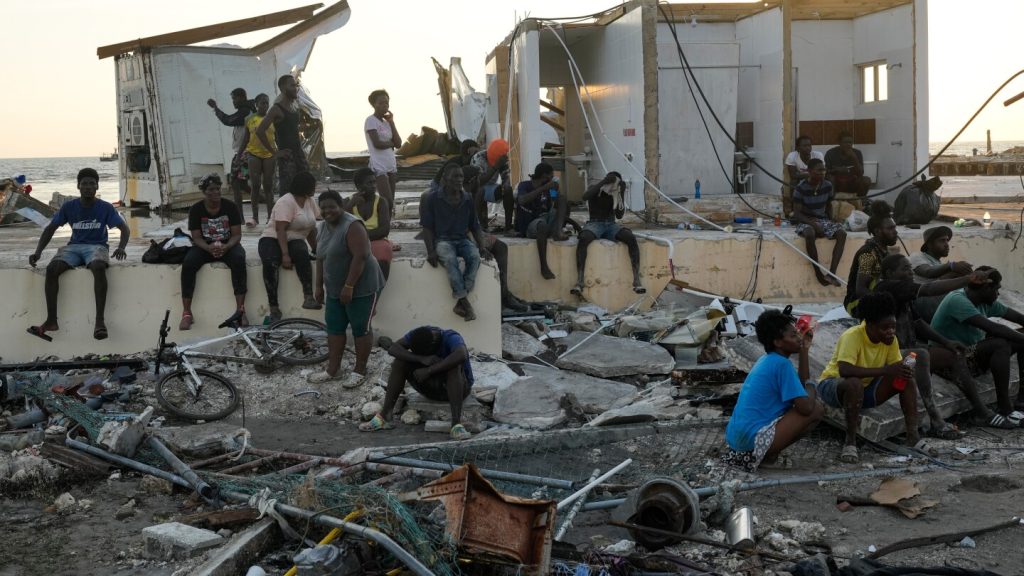BELEM, Brazil (AP) — Representatives from nations most affected by climate change presented stark realities about life amid a warming world on Friday, as global leaders convened near the Amazon rainforest for the annual UN climate talks.
In anticipation of Monday’s official start, officials aimed to garner support for forest protection initiatives and to simplify carbon markets aimed at curtailing emissions. The discussions also emphasized the serious impacts of climate change globally.
Smith Augustin, a diplomat from Haiti, urged wealthier nations responsible for the majority of emissions to assist Haiti in preparing for stronger storms after being hit hard by Hurricane Melissa. Although developed nations pledged $300 billion for poorer countries to manage climate impacts at last year’s summit, those funds have not yet materialized.
“Hurricanes and heavy rains have devastated my country,” Augustin stated, highlighting that developing nations, especially small island countries, contribute minimally to the climate crisis.
Escalating Climate Challenges
Kithure Kindiki, Kenya’s vice president, reported ongoing searches for individuals missing due to a recent deadly landslide caused by heavy rains, underscoring the growing unpredictability of weather patterns in the region. “A once-in-a-century cycle of severe droughts and floods is now a common occurrence,” he noted.
Kalani Kaneko, the foreign minister from the Marshall Islands, expressed that their nation is living through a climate crisis, witnessing rising seas, dying coral, and declining fish stocks. “The impact of climate change is visible from our front doors,” he remarked.
Negotiations Must Produce Results
Officials warned that limiting global warming to the critical threshold of 1.5 degrees Celsius is becoming increasingly challenging. Last year was the hottest on record, with each fraction of a degree exacerbating extreme weather events. The direct consequences of climate change, such as Hurricane Melissa, illustrate the urgent need for effective climate negotiations.
During the talks, attendees reported progress in two initiatives focused on supporting threatened forests and creating a unified global carbon market. Brazilian President Luiz Inácio Lula da Silva obtained $5.5 billion in pledges on the summit’s first day to establish a fund aimed at aiding 74 developing countries to conserve their rainforests.
Furthermore, Brazil and the EU announced a coalition with China and other nations to develop a global carbon market, potentially enhancing cooperation in emissions trading to motivate countries and corporations in reducing greenhouse gas outputs.



